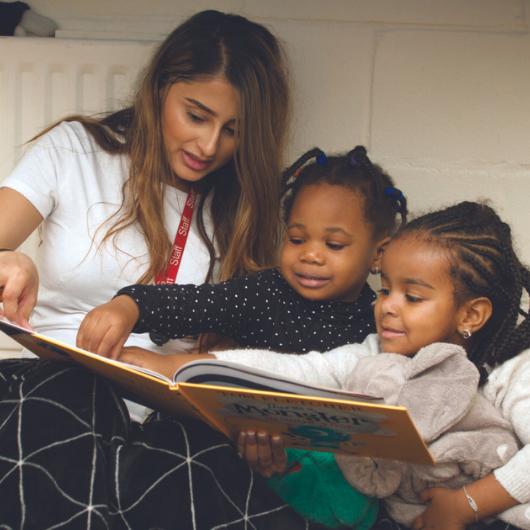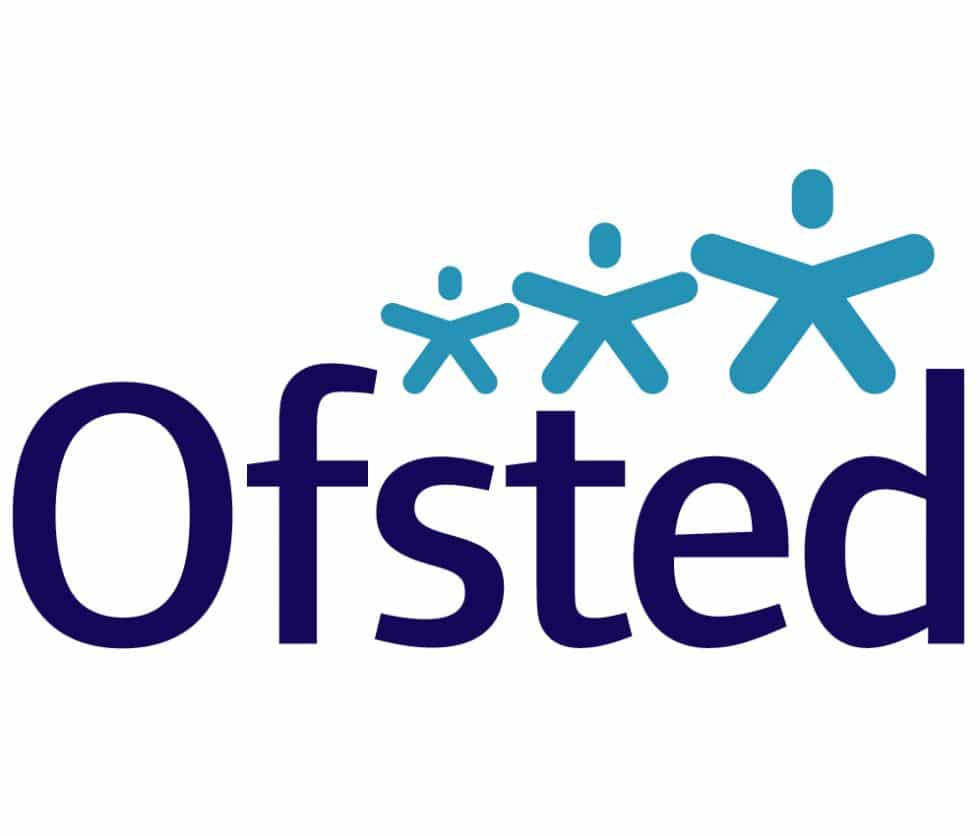
Words for Change
Launching the Reading Rights Summit in Liverpool Last week, Booktrust (where I proudly serve as a Trustee) hosted the Reading Rights Summit. We were joined by special guests, the…
December 4th 2018
I am always pleased to be invited to speak about things that matter to me such as social enterprise and the business of childcare, child poverty, pedagogy and wider early years issues such as child obesity or supporting inclusive workplaces. It’s always good to come away and see what other places are doing to improve the lives of children and those who teach them.
I treat every invitation as an honour that someone values what I have to say and how I say it! It’s true, that I like telling stories and people seem to enjoy them. (But the pressure was on in Ireland to deliver some good stories as the expectation from a nation of story tellers was high).
According to a book I read recently called The Storytellers Secret, great stories release a surge of dopamine, cortisol or Oxycontin and with it a feel good factor. People remember how the story made them feel. We therefore need to get much better at telling the story of why and what we do in early years.
A great storyteller helps people figure out not only what matters in the world but also why it matters.
– Maria Popova
I started my trip in Belfast, had the weekend in Sligo to see my lovely nieces (and an update on unicorns and the defrosting world of Princess Elsa) and then headed to Dublin and Scotland.
My stories focused on how a social enterprise is a sensible option for sustaining nursery services but only if pedagogy is right at the core. My message was provocative. We have to have created educational systems and programmes and political promises across the UK that have less and less to do with children. The Early Years sector has attempted to make all these connect, align and operate smoothly with mixed levels of success. But while forcing these uncomfortable contortions we may have taken our eye off the real issue, the children. We worry so much about funding, flexibility, recruitment, accessibility, retention that we have no energy left for the more fundamental conversation about the core pedagogy that is really at the heart of any service to children.
For me pedagogy is woven from four strands of silk:
* Values and principles
* Theories of education
* How children learn and how we teach
* Our view of the child
When was the last time we spent time focusing on any of this? Not often enough, claimed the Scottish audience worried about how they will deliver the Scottish policy of 1140 hours in 2020 (our 30 hours). This is from staff in a country which has allocated £1.5 million into funding pedagogical leaders to help prepare staff for supporting more children. Imagine, we have not even got a workforce strategy.
What really surprised me, was that everywhere I went nurseries are struggling to recruit staff with solid grasp of child development. I thought recruitment of competent staff was an English issue. Not so, it’s much wider and deeper that we know. Not just that, the 200 people I talked to all agreed that new staff whether Level 3 or graduate were arriving at work with no grasp of child development or how children learn. What’s going on? I also heard that some health visitor courses no longer teach child development as a core subject??
We all agreed, the answer is that we need to go back to basics. Mary Sheridan is back on my desk. Everyone responsible for training staff in whatever setting must teach child development as a core subject. Too many students are being rushed through one-year courses and are being short changed. The impact is devastating. Children especially those from disadvantaged families and neighbourhoods must have the best staff.
So, before you start lobbing brickbats at me and quoting reports that advocate a graduate workforce, listen. I am not saying we should not aim to get us as a graduate workforce. I have designed a LEYF degree with the University of Wolverhampton, which we will make available to all staff from apprentices onward as part of their development. But its more than just the qualifications, we need the right attitude, disposition and experience all to contribute to great teaching. Great early years teaching is team teaching.
Our daily reality is lost in a maelstrom of fatuous arguments about what level we are or what qualifications we have. While all this is swirling around causing confusion and dissatisfaction the children arrive everyday expecting to be taught. Do they care about your qualifications? No, they want you to understand their development milestones, their abilities and disposition to learning, their interests and how you talk, explain, show, narrate, demonstrate, encourage and help them make links in order to move them forward through scaffolding, practice and consolidation ready for their next extension of learning.
We must put pedagogy at the heart of what we do and insist that all staff are comprehensively taught child development, how children learn and how to teach. We must not rush these critical subjects or jam them into one module but teach them deeply, meticulously and conscientiously.
For those of you reading this and getting twitchy, before you reach for twitter look into your heart, put your ego in a box and think deeply about what we need to do together. Everyone wants great students and staff but something is awry and we can’t all be wrong. We need to figure out a collaborative response quickly because the children have no time to wait.

Launching the Reading Rights Summit in Liverpool Last week, Booktrust (where I proudly serve as a Trustee) hosted the Reading Rights Summit. We were joined by special guests, the…

It is Good to Talk! The signs of things going wrong in society are usually first evident in small children. The widespread dependence on Smartphones is…

Ofsted has just published Report 2… …part of our series of subject-based curriculum research reviews. Do you remember the first one Best Start? This second…